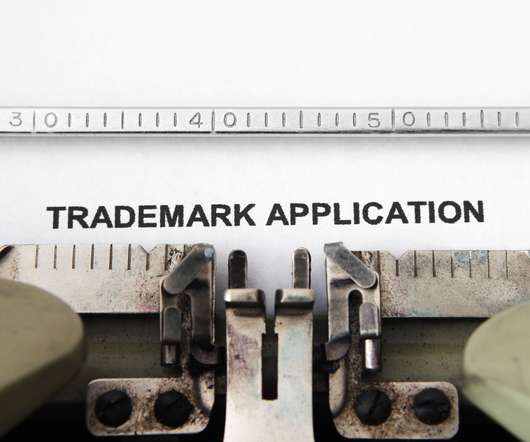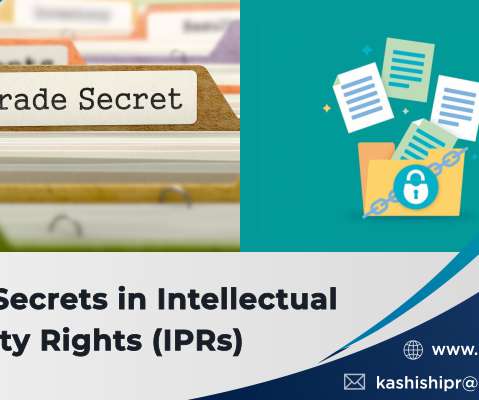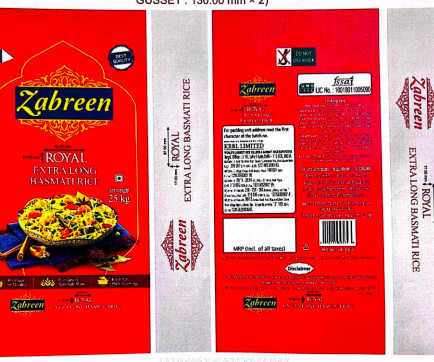[UPCKat] Access to confidential information by parties and the public in the UPC
The IPKat
MAY 12, 2024
The UPCKat trying to keep confidential information confidential in the UPC As part of our UPCKat reporting on the latest UPC developments, the IPKat brings readers a roundup of how the UPC is treating confidentiality and third party access to court documents.

















Let's personalize your content